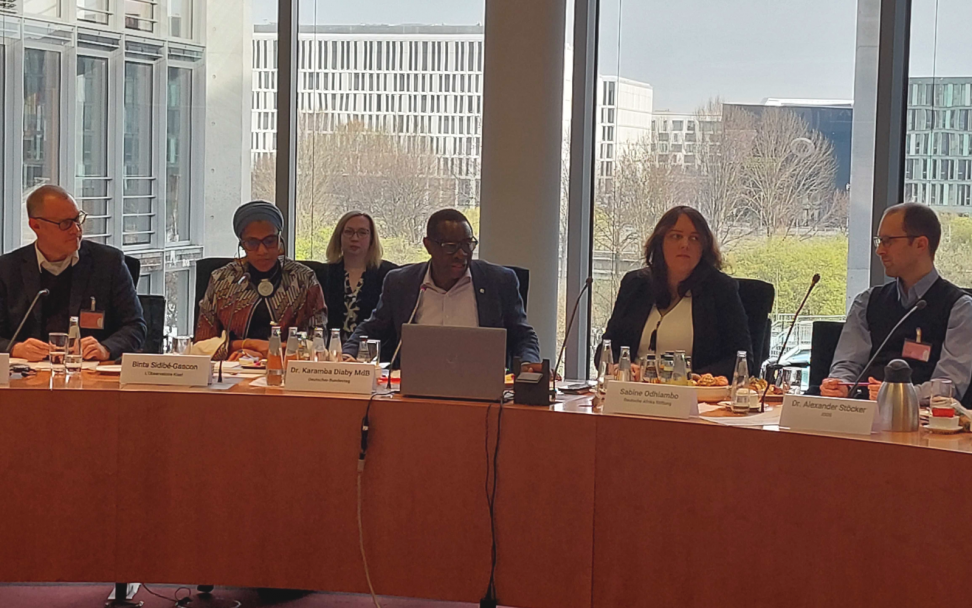This represents a great opportunity for growth in the region, provided that these new generations are enabled to fully realise their potential. Achieving this also requires economic prospects and appropriate work opportunities for young people. Especially in the Sahel, where more than two-thirds of the young population live in rural areas, food security is jeopardised by climate change and insufficient agricultural productivity and where fragile statehood and terrorism cause political instability, the creation of jobs in rural areas is of particular importance as a prerequisite for economic growth, innovation, peace and security. The military coups of recent years in Mali, Niger, and Burkina Faso have not only worsened the economic situation in these countries deteriorated, but have also made conditions more difficult for employment promotion in the context of economic cooperation.
What challenges and needs do young people in the Sahel face against the background of the current (security) political situation? How can economic prospects be created for young people especially in rural areas? What role can and should Germany play in this context? What solutions are there, or which are emerging, and what tasks arise for German development cooperation?
These and other questions were at the centre of the discussion organised by Dr Karamba Diaby MP, in cooperation with the German Africa Foundation.
Programme
Welcome:
Dr Karamba Diaby MP, Member of the Committees on Foreign Affairs and on Economic Cooperation and Development, Chairman of the West Africa Parliamentary Group
Discussion:
Frank Bertelmann, Project manager, global project “Employment in rural areas with a focus on young people”, GIZ
Binta Sidibé-Gascon, Human rights activist and Head of the non-governmental organisation L’Observatoire Kisal
Dr Alexander Stöcker, Researcher, German Institute of Development and Sustainability (IDOS)
Moderation:
Sabine Odhiambo, Secretary General, German Africa Foundation
